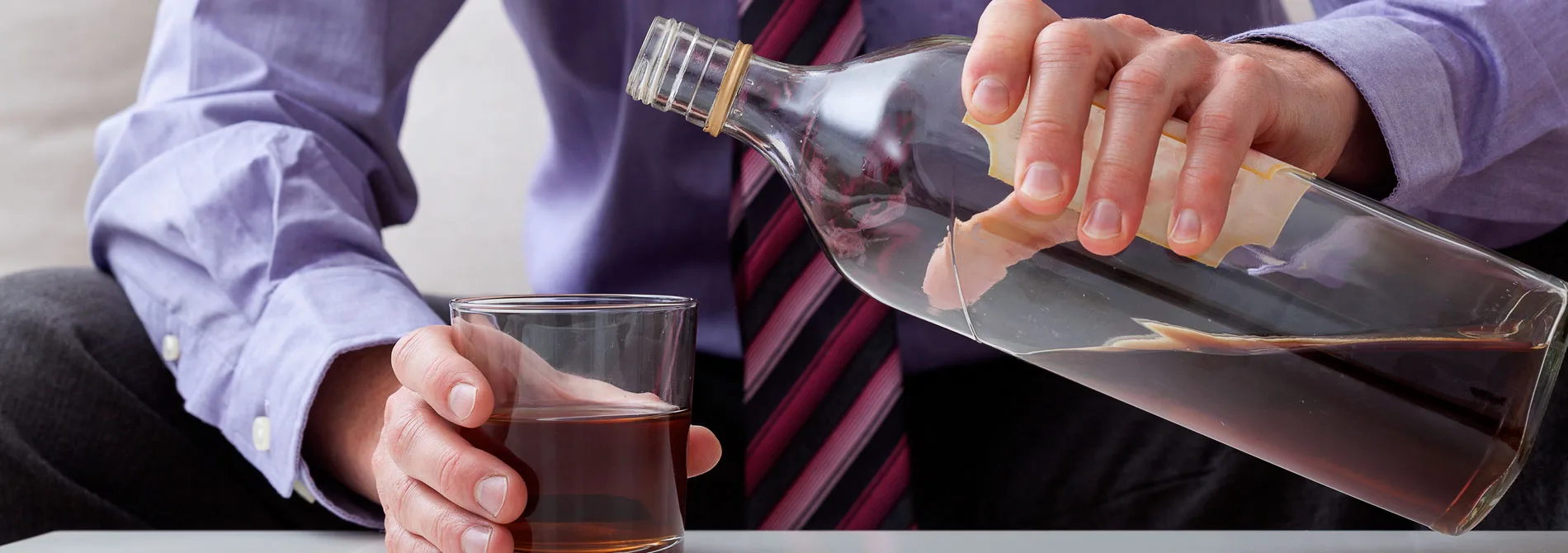The term “functional alcoholic” is often used to describe someone who appears to maintain their responsibilities while struggling with alcohol use. They may hold a job, keep up appearances in their social life, and provide for their family, all while privately battling a dependency on alcohol. But beneath the surface, the long-term physical, emotional, and relational consequences of alcohol misuse are quietly accumulating.
The Myth of Control
One of the most dangerous misconceptions about alcoholism is that it always looks chaotic. Functional alcoholics (also referred to clinically as individuals with Alcohol Use Disorder, or AUD) defy this stereotype. They often believe they are in control of their drinking because they’re able to meet basic obligations. In reality, they may be relying on alcohol to cope with stress, anxiety, depression, or trauma, and their health is still at risk.
The Centers for Disease Control and Prevention (CDC) defines binge drinking as consuming five or more drinks for men (four for women) within two hours. Functional alcoholics often engage in binge drinking or heavy drinking episodes without recognizing the severity of their behavior, especially if the consequences aren’t immediate or obvious.
Warning Signs of a Functional Alcoholic
While each individual is different, some common red flags may include:
- Needing alcohol to “relax” or unwind at the end of every day
- Drinking alone or in secret
- Rationalizing or joking about heavy drinking habits
- Drinking in the morning or before stressful events
- Increased tolerance to alcohol
- Difficulty cutting back despite efforts to do so
- Mood swings, irritability, or defensiveness when confronted
- Minimizing the impact of alcohol use on relationships or health
- Frequent blackouts or memory lapses
Over time, even high-functioning individuals can experience significant impairments in judgment, cognitive functioning, and emotional stability.
Functional Alcoholism Is Still Alcoholism
Just because someone doesn’t exhibit “classic” signs of addiction doesn’t mean their drinking isn’t problematic. Functional alcoholics may avoid seeking help longer because they haven’t experienced a dramatic external consequence, such as losing a job or facing legal trouble. But alcohol-related liver disease, heart problems, depression, and strained relationships can all progress behind closed doors.
Alcohol Use Disorder is a medical condition recognized by the Diagnostic and Statistical Manual of Mental Disorders (DSM-5), and it exists on a spectrum. Early intervention can prevent the condition from worsening.
How Hanley Center Can Help
At Hanley Center, we understand that addiction does not always look like a crisis. Many of the individuals we treat are professionals, parents, or older adults who have struggled silently for years. Our approach is comprehensive and personalized, offering age- and gender-specific residential treatment programs as well as a stand-alone residential mental health program for those with co-occurring disorders.
Treatment includes:
- Medically supervised detoxification
- Trauma-informed individual and group therapy
- Psychiatric and medical care
- Family programming
- Spiritual care and wellness
- Relapse prevention strategies
Whether you’re worried about your own drinking or concerned about a loved one, it’s important to remember: functioning doesn’t equal wellness. Healing begins with recognizing the truth of your situation and reaching out for support.
At Hanley Center, we provide specialized treatment for a diverse range of individuals. Our gender- and age-specific programs are tailored to meet the unique needs of men, women, and older adults. We also offer dedicated programs for pregnant women through Casa Flores and for veterans and first responders through our Patriots Initiative. Each patient receives a personalized care plan in a supportive, trauma-informed environment that promotes dignity, connection, and long-term healing.
Take the First Step
If you’re questioning your relationship with alcohol, or if someone close to you may be a functional alcoholic, you’re not alone—and you don’t have to wait for a crisis to seek help. Hanley Center’s experienced team is here to offer compassionate, evidence-based care every step of the way.
To learn more or speak with an admissions specialist, call us at 561-841-1033.
Hanley Center has been helping people all over the country achieve wellness for more than 40 years. In addition to providing age- and gender-specific treatment for substance use and co-occurring disorders, Hanley offers a Patriots Initiative for first responders and veterans, a program specifically for pregnant women, and a boutique residential mental health program for adults. For information on our programs, call us today: 561-841-1033.




